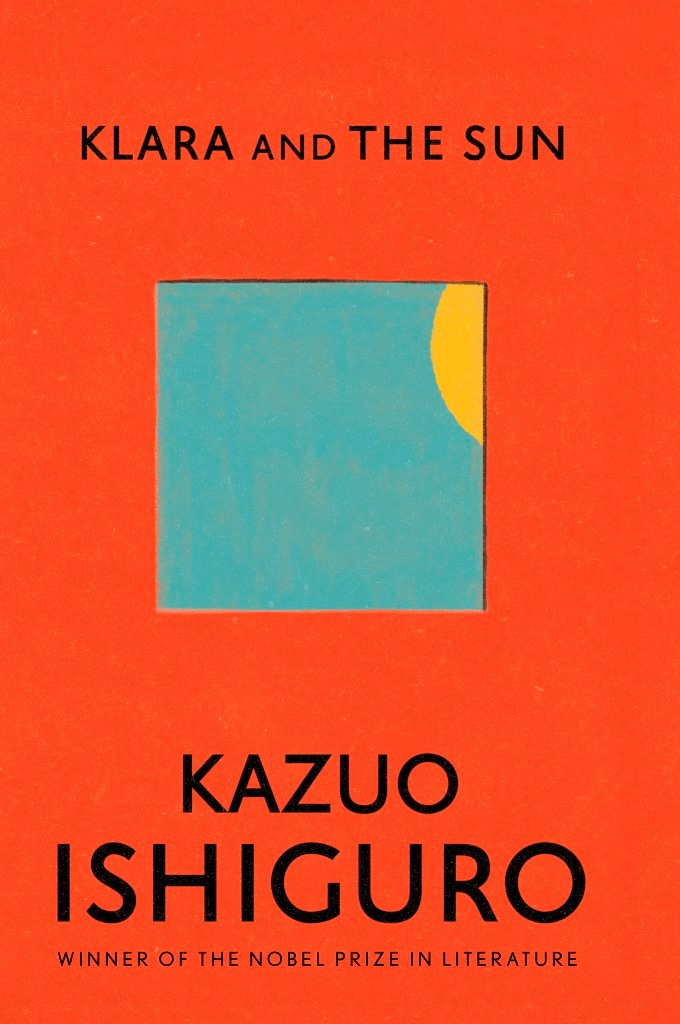Intro for September 9, 2020



Dear Gossips,
I’ve been a quick and obsessive reader my whole life. It was dad who gave me a no-limit book subscription when I was a kid and from that point, I just couldn’t stop. Before this year, I usually got through a couple of books a week, averaging eight to ten books a month. Of course 2020 has f-cked that up. Since the beginning of the pandemic, I keep starting books and just … stopping. What is the reading equivalent of insomnia? Is there a word for it? Can we make one up?
“Inlectio”
In – Latin prefix for “not”
Lectio – Latin for “reading”
Literally not reading.
I have inlectio.
It’s not as physically and emotionally debilitating as insomnia but if you’re like me, and reading is part of your identity, you probably can relate: it’s crushing. And I know that sounds melodramatic, but it’s been six months since I’ve been able to read the way I used to read so… I feel lost.
That said, while I haven’t been able to finish many books, the essays and stories that I’ve always re-read over the years are still comforting. A few chapters of Michelle Obama’s Becoming has been a go-to, for example, and sometimes I’ll revisit the angsty parts of a romance novel for a quick hit. What never, ever fails though is Kazuo Ishiguro’s Nobel Lecture, “My Twentieth Century Evening – and Other Small Breakthroughs”. The last time I read it was back in June, when it was announced that his new book, Klara and the Sun, would be published in March. The press release said that the book explores the question “what does it mean to love?” Well don’t we f-cking need some of that now.
Different parts of “My Twentieth Century Evening” appeal to me depending on my mood. Sometimes it’s his recounting of how he became a better writer – by writing about the Japan of his memories, writing as an act of preservation. Other times it’s the section where he shares how the sound of a singer’s voice, a lyric delivery in a song, can completely change the ending of a book that he’s writing. Lately it’s when near the end he appeals, to an audience of fancy Nobel people, for more diversity, not just in the literature but in how literature is qualified. Because the true power of stories is in their purpose. As he notes:
“One person writing in a quiet room, trying to connect with another person, reading in another quiet – or maybe not so quiet – room. Stories can entertain, sometimes teach or argue a point. But for me the essential thing is that they communicate feelings. That they appeal to what we share as human beings across our borders and divides. There are large glamorous industries around stories; the book industry, the movie industry, the television industry, the theatre industry. But in the end, stories are about one person saying to another: This is the way it feels to me. Can you understand what I’m saying? Does it also feel this way to you?”
There’s actually a word for that, a real one: empathy. This is any story’s purpose. It’s the purpose behind all of Kazuo Ishiguro’s work. As I’ve said before, his work has permanently altered how I see the world. I need it now more than ever. So while I hope that my inlectio is cured by the time Klara and the Sun comes out, March 2, 2021 is marked on the calendar. I can tell you already that I’ll be reading that day, all day.
For now… here’s the first look at the book’s cover.
"The sun always has ways to reach us..."
— Elaine L. (@LaineyGossip) September 9, 2020
The book I'm most looking forward to - Kazuo Ishiguro's Klara and the Sun, coming March 2, 2021. Here's the cover! pic.twitter.com/ii0drnUebO
Yours in gossip,
Lainey
